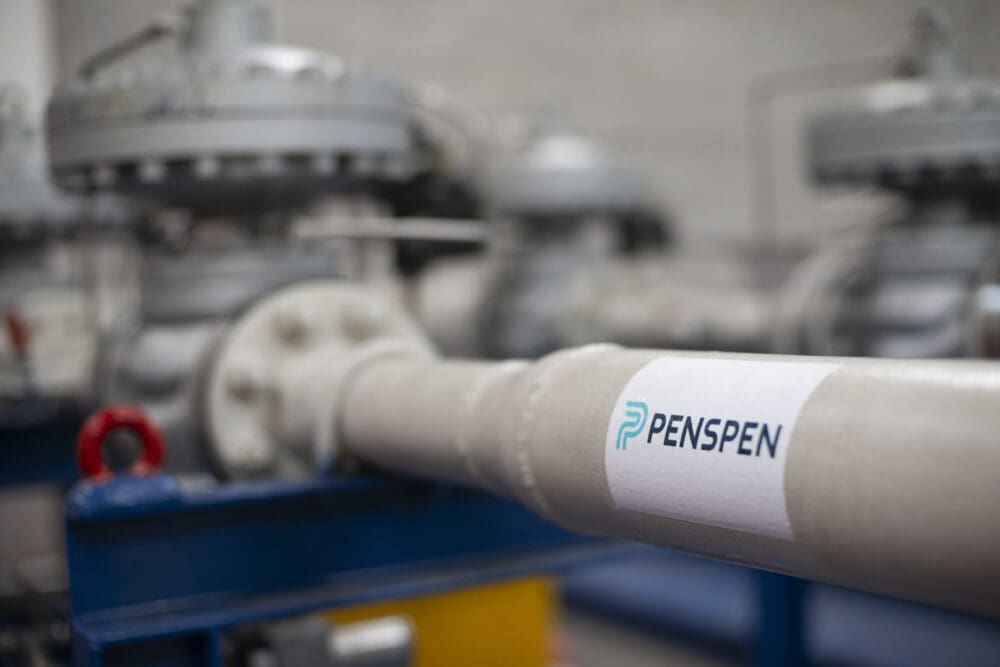Penspen Confirms ‘Diluted Bitumen’ Is No More Corrosive Than Conventional Crude
Diluted bitumen in a crude oil transmission pipeline environment is no more corrosive than conventional crude, according to a recent report by Penspen Integrity.
The report, Dilbit Corrosivity, commissioned by the Canadian Energy Pipeline Association, sought to examine the corrosivity of diluted bitumen compared to conventional crude. Based on a detailed review of the potential corrosion mechanisms in crude oil pipelines, Penspen’s report draws on findings from laboratory tests performed to internationally recognized standards. These tests conclude that there is no marked difference in the corrosive nature of diluted bitumen compared to conventional crude oil. As such, the report states that pipelines carrying diluted bitumen are subject to no additional corrosion control measures beyond what is already standard practice.
The crude oil transported in most pipelines is obtained from reservoirs many thousands of metres below the earth’s surface. This ‘conventional’ oil is high quality, and flows easily. Today, many countries are looking at more ‘unconventional’ sources of oil, such as ‘oil sands’, a mixture of sand, water, clay and bitumen, which can be mined as it is on or close to the earth’s surface. Bitumen is a ‘heavy’ crude oil that is too thick to be pumped, without first being diluted or heated. Canada has huge reserves of these oil sands.
For over 20 years, this diluted bitumen product, known as ‘Dilbit’ or ‘Synbit’, has been transported by crude oil pipelines and subject to corrosion control measures equivalent to those for conventional crude. Despite this operational history, there has been little published work on the corrosive properties of Dilbit, spurring false speculation as to its corrosive impact on pipelines.
“These findings are an important contribution to the debate surrounding diluted bitumen,” said David Eyre, Principal Consultant at Penspen. “Without any substantiating evidence to reinforce current standard practices in dealing with diluted bitumen, Canada’s oil and gas industry has been plagued with criticism in regards to their operations. After reviewing over 40 studies, I am happy to provide scientific facts that dispel some of the misleading speculation about Dilbit and Synbit. I hope that the conclusions provided in this report will provide reassurance that the integrity management techniques currently employed by Canada’s Oil and Gas industry are effective at mitigating any risks of corrosion by diluted bitumen.”
The Canadian Energy Pipeline Association represents Canada’s transmission pipeline companies who operate approximately 110,000 kilometres of pipelines in Canada. In 2011, these energy highways moved approximately 1.2 billion barrels of liquid petroleum products and 5.3 trillion cubic feet of natural gas. CEPA members transport 97 per cent of Canada’s daily natural gas and onshore crude oil from producing regions to markets throughout North America.
For more information on Canadian Energy Pipeline Association, please visit www.cepa.com




